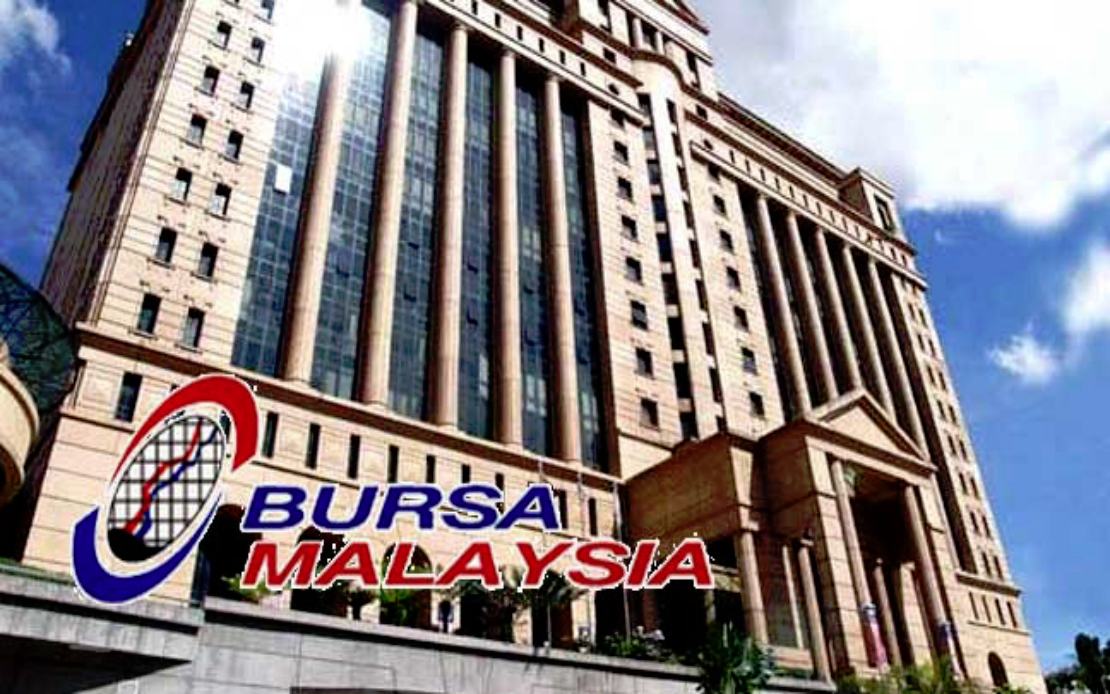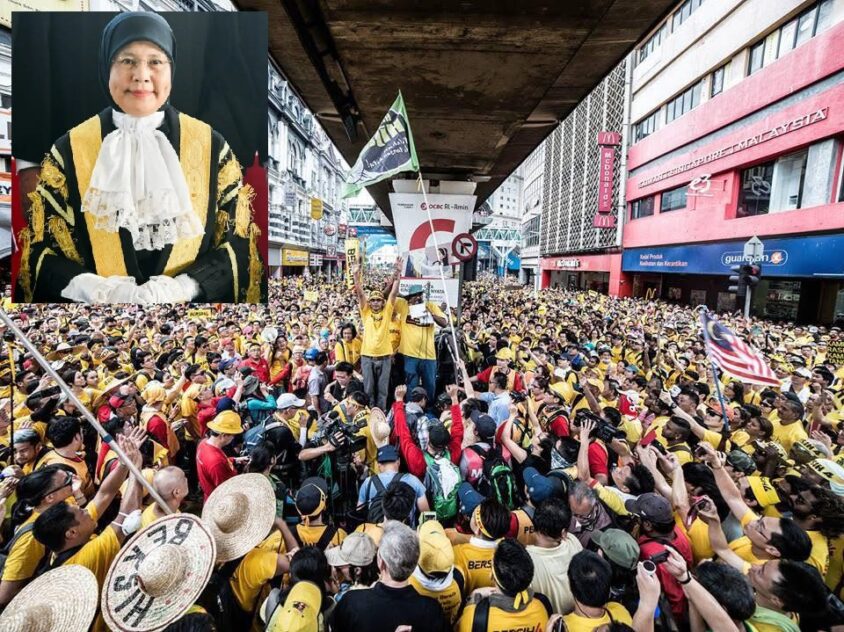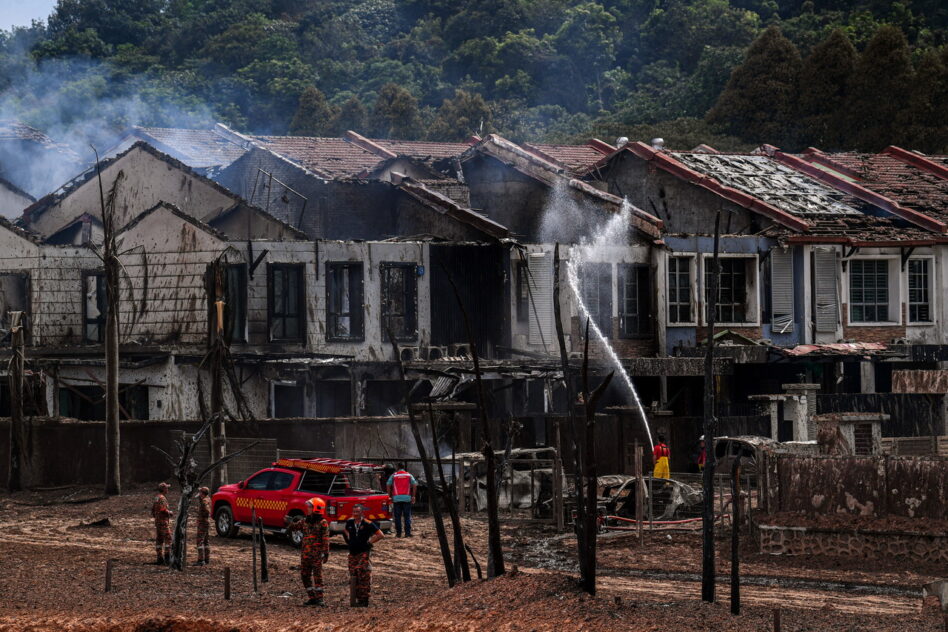WHILE return-of-the-bull on Bursa Malaysia yesterday (Nov 23) was most welcome given the local bourse has been very much subdued for most part of 2022, whether such momentum is sustainable or otherwise hinges on details of the structure of the unity government led by 10th Prime Minister (PM) Datuk Seri Anwar Ibrahim.
For now, the post 15th General Election (GE15) concerns linger over the fragility of potential alliances due to their differing political ideologies, according to CGS-CIMB Research.
“The market will be closely watching the (i) announcement of the Cabinet line-up which we estimate could take seven to 10 days; (ii) first Parliament sitting on Dec 19 Dec; (iii) tabling of provisional and full Budget 2023; (iv) UMNO party elections (six months after GE15); (v) state elections in Penang, Selangor, Negeri Sembilan, Kelantan, Terengganu and Kedah in 2023,” head of research Ivy Ng Lee Fang pointed out in a strategy note.
Yesterday (Nov 24), Bursa Malaysia staged a relief rally with the FBM KLCI spiking 58.38 points or 4.04% to surpass the psychological 1,500-mark by closing at 1,501.88 points, boosted by clarity in the local political scene.
This came on the back of:
- Prospect of a hung Parliament resolved;
- The unity government which will likely comprise Pakatan Harapan (PH), Barisan Nasional (BN) and Gabungan Parti Sarawak (GPS) which at minimum will have 135 seats in Parliament (close to a two-third majority, thus allowing the government to push through reforms); and
- Potential return of foreign investors on expectation of political stability and growth in Malaysia.
Against the backdrop of bullish sentiment, CGS-CIMB Research raises its end-2022F FBM KLCI target to 1,602 points from 1,484 points.
“If the political instability concerns ease over time, there is potential for the FBM KLCI to re-rate to its pre-GE14 valuations of 16.5 times which is close to its three-year average mean P/E (price-to-earnings ratio) of 16 times and values it at 1,855 points,” projected the research house.
Even though the newly formed government seen stable and strong in terms of Parliamentary seats, MIDF Research cautioned that there is still risk of political instability “especially if those parties fail to co-exist in certain policies and matters”.
“On the flip side, this new political alignment is seen capable to lower down political temperature in the country and solidify government’s fiscal policy implementation at least in the next one to two years,” opined the research house.
“Given that government expenditure and public investment contribute about 12.5% and 4% respectively to GDP (gross domestic product), having a stable government in place may be able to support steady economic growth moving into 2023.”
MIDF Research expects the Malaysian economy to increase by +8% for 2022 and +4.2% for 2023.
“Strengthening domestic demand, upbeat consumer spending, lower jobless rate and stable inflationary pressure are predicted to support GDP growth next year,” projected the research house.
“Judging from PH’s manifesto, we believe the Anwar-led government will keep the current fuel subsidy mechanism status quo, hence forecasting headline inflation rate at 2.3% for next year.” – Nov 25, 2022









